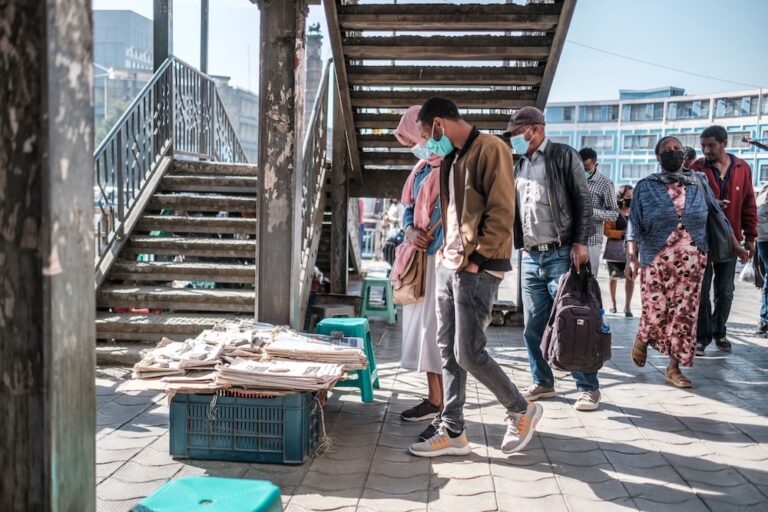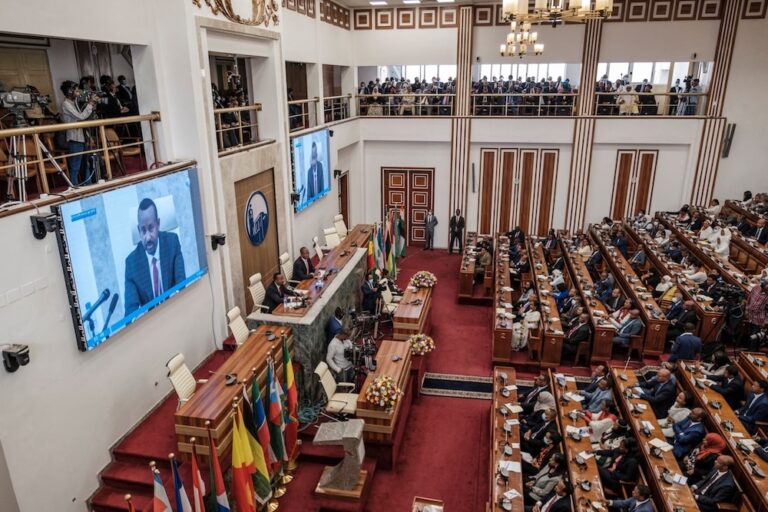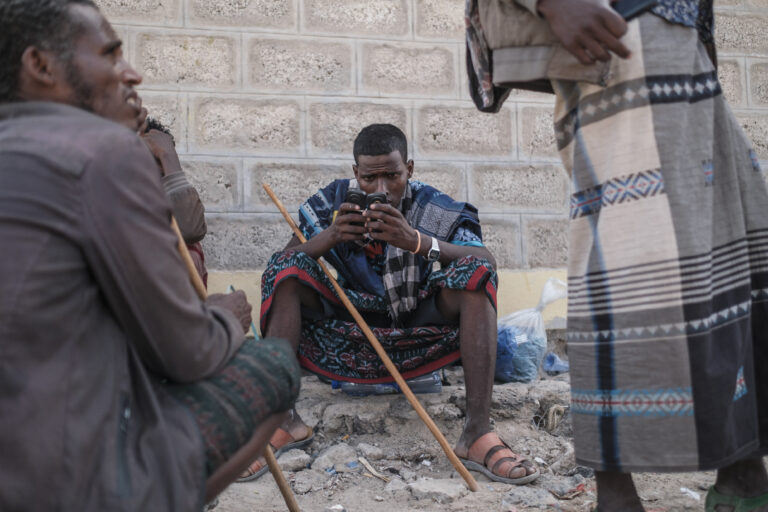Prosecutors have sent a letter to the 16th Criminal Bench of the Federal High Court saying that charges against Temesgen Desalegn had been dropped to allow time to further investigate.
(IPI/IFEX) – VIENNA, Aug. 28, 2012 – The International Press Institute (IPI) on Tuesday welcomed the news that charges against Ethiopian editor Temesgen Desalegn have been withdrawn, and called for Ethiopia to reform its stance toward the media and free all journalists who are currently in jail for their criticism of official policies, and cease its harassment of Feteh newspaper.
Prosecutors sent a letter to the 16th Criminal Bench of the Federal High Court saying that charges against Desalegn had been dropped to allow time to further investigate, the Ethiopian Reporter said. IPI was told that the journalist had been released from Kality Prison.
Temesgen Desalegn, editor of the critical weekly newspaper Feteh, was arrested last week just after the death of Prime Minister Meles Zenawi was officially announced, according to reports. He was charged with inciting the public to overthrow the constitutional order, defaming the state, and spreading false rumours to incite the public against the government, a legal expert in Ethiopia told IPI. The prosecutor provided examples of newspaper articles as evidence. Among others, they included articles calling for protests inspired by the Egypt revolution, articles alleging that the government had implemented hateful ethnic policies, and an article alleging that the government had infringed on religious freedom and that Christian and Muslim leaders were ruling party cadres, according to the information provided by the source.
Distribution of Feteh was blocked in July at the request of the information ministry, sources told IPI at the time, after the paper planned to run front page articles speculating on Zenawi’s health. The publication was blocked for a second time one week later and hasn’t come out since then, reports say.
With the passing of strong-arm leader Meles Zenawi, who ruled Ethiopia for over twenty years, Ethiopia has an opportunity to review policies that crushed human rights and democratic principles as much as they promoted economic development.
In May, Temesgen was convicted of “biased reporting” for the paper’s coverage of the criminal trial of several journalists and opposition members, and was fined.
As a result of years of harassment and intimidation, other critical newspapers, including the Awramba Times and Addis Neger, have been obliged to shut down their local operations and their staff members forced to leave the country. Both newspapers now exist as foreign-based news websites. Feteh newspaper, however, continued to criticise the government and ruling party for their policies, including the prosecution of government critics, making it a target for harassment.
Five journalists have been sentenced to prison since December 2011. They include Swedish journalists Martin Schibbye and Johann Persson, who were arrested over a year ago while travelling with insurgents in a region of Somalia that is generally off limits to the foreign press, journalists Woubshet Taye and Reyot Alemu, and journalist and critic Eskinder Nega. All received prison terms of over 10 years. Nega, who was recently awarded the “Freedom to Write” award from PEN America, received a sentence of 18 years.
The imprisonment of these journalists has been cause for international concern. Indeed IPI’s own “World Press Freedom Heroes” expressed their “very strong condemnation” of the jailing of Nega and other journalists in April. At IPI’s June 2012 annual World Congress in the Caribbean, IPI members – publishers, editors and journalists from around the world – unanimously called for the release of jailed journalists in Ethiopia.


